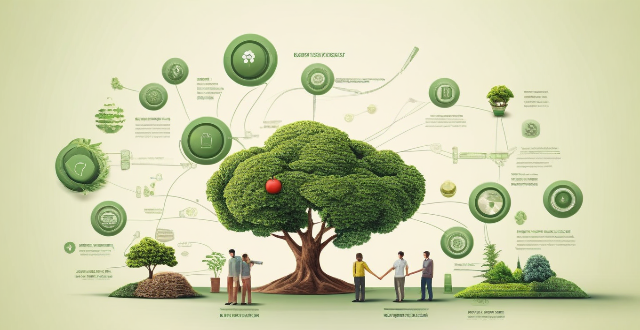Climate services offer significant benefits to agriculture, enhancing productivity and sustainability. They aid in crop planning, risk mitigation, resource optimization, market competitiveness, and environmental stewardship. By using these services, farmers can make informed decisions about crop management and resource allocation, leading to a more resilient and profitable agricultural sector.

Benefits of Using Climate Services in Agriculture
Introduction: Understanding the Significance
Climate services play a crucial role in enhancing agricultural productivity and sustainability. By providing farmers with accurate weather forecasts, climate predictions, and other environmental data, these services help in making informed decisions about crop management and resource allocation. Let's delve into the specific benefits:
Improved Crop Planning and Management
- Long-term Forecasts: Farmers can plan their crops based on seasonal climate predictions, choosing varieties that are best suited to expected conditions.
- Short-term Weather Updates: Daily or weekly weather updates allow for timely adjustments in irrigation, fertilization, and pest management practices.
Risk Mitigation and Disaster Preparedness
- Early Warning Systems: Alerts for extreme weather events like droughts or floods give farmers time to implement protective measures.
- Insurance and Risk Assessment: Reliable climate data supports the development of insurance products tailored to agricultural risks.
Resource Optimization
- Water Management: Precise irrigation scheduling based on rainfall predictions conserves water and reduces waste.
- Energy Use: Better understanding of weather patterns helps optimize energy consumption for tasks like drying and cooling processes.
Enhanced Market Competitiveness
- Market Forecasting: Anticipating weather trends can influence commodity prices, allowing farmers to make strategic selling decisions.
- Supply Chain Efficiency: Improved predictability in crop yields aids in streamlining supply chain operations and reducing spoilage.
Sustainability and Environmental Stewardship
- Carbon Footprint Reduction: Climate services can guide practices that reduce greenhouse gas emissions, such as efficient use of fertilizers and reduced tillage.
- Biodiversity Conservation: By avoiding extreme chemical inputs due to precise weather predictions, natural habitats can be better preserved.
Conclusion: Embracing the Future of Agriculture
Integrating climate services into agricultural practices is not just beneficial; it's essential for adapting to changing climates and ensuring food security. By leveraging these tools, farmers can transition from reactive to proactive approaches, fostering resilience and profitability in their operations.